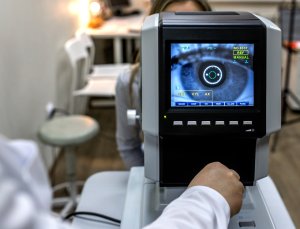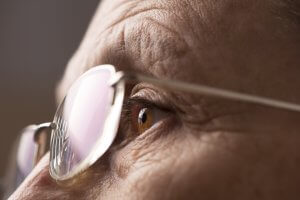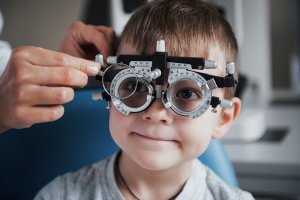All offices are open for patient visits and elective surgeries.
Updated: 3/20/2023
Based on recent COVID-19 tracking trends in the region, effective March 20, 2023, Eye Consultants of Pennsylvania has approved a "Masks Optional" policy in all Eye Consultants of Pennsylvania offices and optical shops. This policy applies to patients, doctors and staff.
We will continue to monitor COVID-19 tracking trends for the region, and may adjust our policy according to that data. Additionally, mask requirements may be re-implemented based upon the infection control needs of any office.
At the same time, if you are more comfortable wearing your mask during your visit and appointment, please feel free to do so.
Please come into the waiting area and check in as you have always done (pre-Pandemic). Additionally, all check-in and check-out stations are fully open. After you check in, if you would feel more comfortable waiting in your car, please inform our receptionist and provide a cell phone number where we can reach you, and we will certainly accommodate you.
If you would feel more comfortable having a friend or family member accompany you for your appointment, you may do so; but please limit it to one person.
As it has been since the beginning of the Pandemic, our first priority has been the health and safety of our patients, our physicians and our staff, and it remains so.
Thank you for your continued trust and patience. If you have a question about your care, or you need an appointment, please don’t hesitate to call 800-762-7132 or visit www.EyeConsultantsOfPA.com.
— Eye Consultants of Pennsylvania
IMPORTANT: How to Take Care of Your Contact Lenses During the COVID-19 Crisis (Updated: 3/29/2020)
Download our Coronavirus & Your Eyes Fact Sheet
Based on content sourced from the American Academy of Ophthalmologists, you can download our Coronavirus & Your Eyes Fact Sheet in both English and Spanish.
Contact lenses may still be worn during the COVID-19 crisis, but extra care needs to be taken to make sure you keep your case and hands clean and avoid contamination.
While the jury is still out as to whether COVID-19 is found in tears, a small recently published study did not find evidence of the virus in tears.
We do know however that the COVID-19 virus can enter our bodies through the surface of our eyes. This is why it is important to follow strict handwashing procedures when touching contact lenses and applying them to the eyes. You must always wash your hands for at least 20 seconds with soap and water prior to any lens handling.
If your occupation exposes you to aerosolized saliva or saliva droplets make sure you wear a face shield or protective goggles.
Of course, the least risky measure at this time would be to avoid touching your face or eyes which would include using contact lenses unless you absolutely need them to function visually.
Taking more rigorous care of your contact lens case is extremely important.
Contact lens cases may be sanitized in the dishwasher or by being placed in boiling water for at least 3 minutes. Do this at least weekly.
Contact lens solutions must be replaced in the case each day, do not top off solutions. If it is difficult for you to obtain an adequate amount of solutions for your rigid gas permeable lenses, it is acceptable to use soft lens solutions which may be obtained in larger volumes.
Only use contact lens solutions for rinsing and cleaning cases. Do not use tap water or other bottled water. They could contain organisms that can infect the eye. If necessary, use boiling water as described above.
Clean the inside of your case daily, using either a clean finger or a lint free cloth. Rub the inside of the case and its lids in a circular motion for at least 5 seconds to remove any biofilms. Rinse the case and its lids with contact lens solutions only and shake off excess moisture.
Place your case and its lids on a clean lint free cloth or paper towel face down to air dry.
It is not recommended that you dry or store your case in the bathroom where it is humid and may be exposed to other aerosolized contaminants.
If you use 1 day lenses, replace them as directed. Scleral lens wearers should continue to use their specialized solutions. Ideally, you should replace your case every three months.
Be safe and share this with other contact lens wearers.
— Eye Consultants of Pennsylvania





